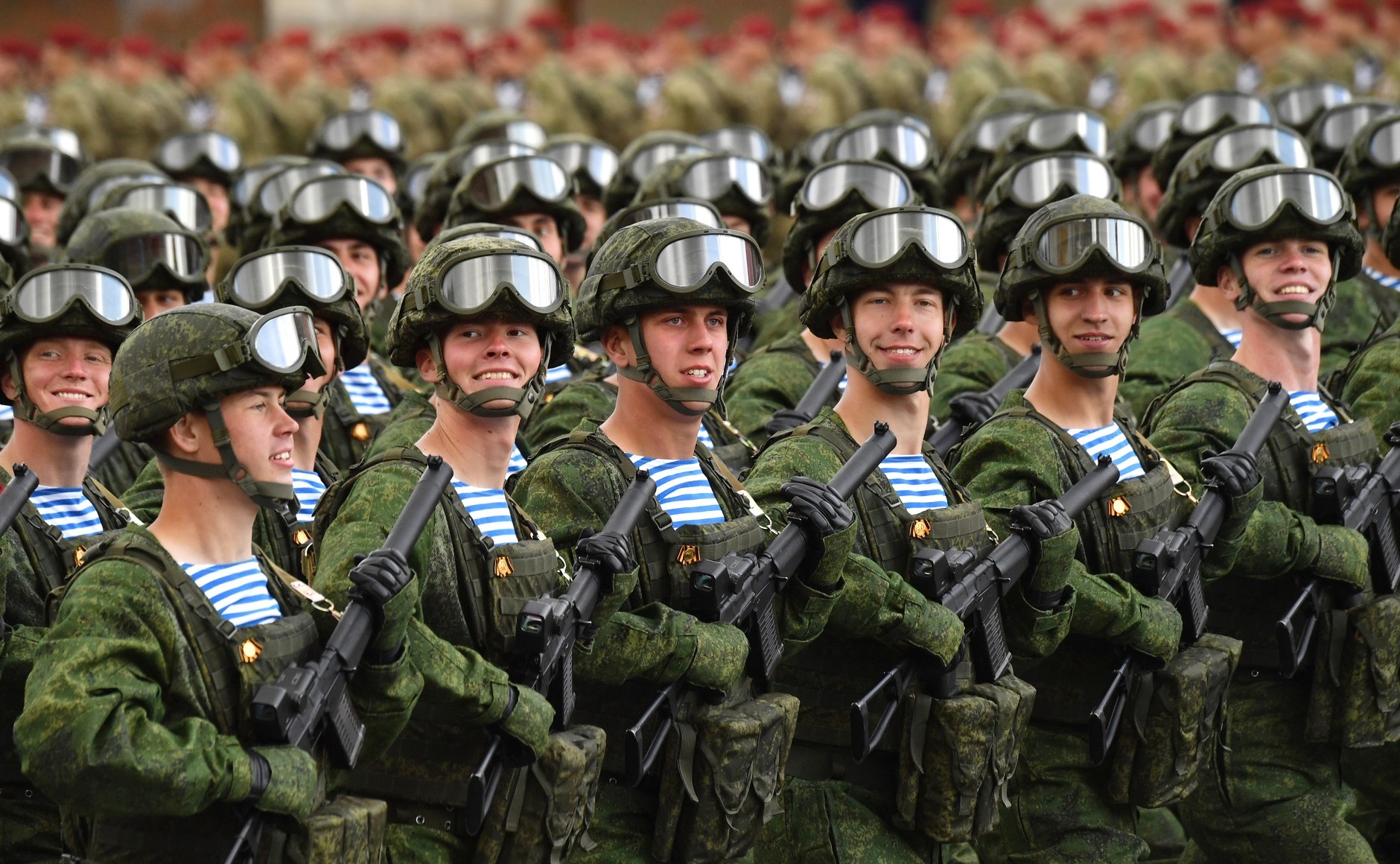
Russia Monitor is a review of the most important events related to Russian internal and external security, as well as its foreign policies.
Date: 22 September 2022 Autor: Grzegorz Kuczyński
Stick Or Carrot: Russia Approves Stricter Wartime Punishments
Russia has for months struggled with military personnel deficits. When Moscow ran out of its regular personnel, it had to resort to volunteers and mercenaries. This was too little so Vladimir Putin announced an immediate partial mobilization of its reservists. They are enticed with decent salaries but they face toughened punishments for desertion or insubordination.

Russian President Vladimir Putin on September 21 signed a decree on partially mobilizing Russia’s reserves. Under the document, “citizens of the Russian Federation called up for military service by mobilization have the status of military personnel serving in the Armed Forces of the Russian Federation under a contract” (Point 2). In addition, “the level of remuneration for citizens of the Russian Federation called up for military service by mobilization corresponds with the level of pay for military personnel” (Point 3). New reservists mobilized from September 21 on will enjoy a far better status that regular conscripts, a move not to discourage men sent to the front line upon short military training. If the salary was decent enough, there would already be many enough people to serve in the army. But the Kremlin believes these incentives could not be enough. This is why Russian lawmakers approved a bill that toughens punishments for crimes if they are committed during military mobilization or combat situations. A day before Putin announced a partial mobilization, the State Duma, the lower house of the Russian parliament, approved a bill toughening punishments for desertion or failure to show up. According to the bill, mobilization, martial law, wartime, and armed conflict will be considered as aggravating circumstances, and entail more severe punishments. According to new Article 352 of the Criminal Code, those who surrender can now face between three and ten years in prison provided that there is no sign of treason. Any person committing this crime for the first time “may be exempted from criminal liability if he has taken steps to free himself, has returned to his unit or duty station, and has not committed other crimes during his captivity.” Under the amendments endorsed by the State Duma, the lower house of Russia’s parliament, there will be a 10-year prison sentence for desertion, failure to report for military service, and surrender. Reservists or contract soldiers who fail to show up can face up to 10 years in prison. Under Article 338 of the Russian Criminal Code, desertion is punishable by up to 15 years in prison. Non-execution of the state defense order “if issued during mobilization, during wartime, or under martial law and refusal to participate in military or combat operations” is punishable between two and three years in prison (Section 2.1 of Article 332 of the Criminal Code). Russian reservists called up for military training will be criminally liable on an equal basis with contract soldiers and conscripts for failure to appear. So far, contract soldiers have served under a six-month contract; they could until now refuse to take part in a military operation before returning to their home base and handing in their resignation. They indeed were exposed to pressure while many resignations were turned down yet no one faced criminal punishments. The decree has changed this.
Support Us
If content prepared by Warsaw Institute team is useful for you, please support our actions. Donations from private persons are necessary for the continuation of our mission.
All texts published by the Warsaw Institute Foundation may be disseminated on the condition that their origin is credited. Images may not be used without permission.















